AI and Education: Embracing Innovation and Nurturing Human Connection

AI has transformative potential in education, emphasising the importance of fostering innovation and human connection. While AI can personalise learning and streamline tasks, it’s crucial to prioritise student-teacher relationships and equip students with skills for an AI-driven world. Balancing AI with human intelligence is key to unlocking its full potential for a more inclusive and effective educational experience.
As a former educator and leader in the education sector, and currently CEO of C-learning in the edtech space, I’ve witnessed firsthand the transformative power of technology in education. The recent “Back to School in the AI Era” event, hosted by C-Learning in collaboration with Google for Education, really showed the growing enthusiasm for AI’s potential to revolutionise the way we teach and learn. From personalised learning experiences, and greater accessibility to high level learning for all to streamlined administrative tasks, AI is poised to reshape the educational landscape in profound ways.
AI is poised to reshape the educational landscape in profound ways
However, as we embrace the possibilities of AI, we must also be mindful of the need to constantly drive and aspire to cultivate a culture of innovation and human connection within our schools and institutions. We also need to ensure we do not think of like for like or and AI should not be seen as a replacement for human intelligence and interaction, but rather as a powerful tool that can enhance and augment our capabilities beyond the shackles of our current systems and structures. The way I see it is it will allow educators and leaders, as well as learners to be their best selves and focus on the things which matter the most.
Fostering a Culture of Innovation
To fully harness the potential of AI in education, we must create environments where educators and students feel empowered to experiment, explore, and innovate. This requires a shift away from traditional, risk-averse approaches to teaching and learning created from our top level down, and towards a more agile and adaptive mindset.
Leaders play a crucial role in fostering this culture of innovation. By providing educators with the necessary support, resources, and professional development and space for real lifelong learning for all, we can encourage them to embrace new technologies and pedagogies. We must also create safe spaces for experimentation, where failure is seen as a learning opportunity rather than a cause for criticism.
Nurturing Human Connection in an AI-Driven World
While AI can automate certain tasks and personalise learning experiences, it cannot replace the human connection that is essential for meaningful learning and development. I recently discussed with a group of leaders and educators who was your favourite teacher and why? The feedback was unanimous that the reason those teachers stood out was their ability to be empathetic, understanding and the way they brought learning to life and lit a fire and passion under them through support, coaching and mentoring them. As educators, we must be allowed to prioritise building strong relationships with our students, fostering a sense of belonging and community within our classrooms, not worrying about cramming in content or things which will be on a test, and so missing these vital learning moments.
In its simplest form AI can actually help us achieve this by freeing up time for more one-on-one interactions and personalised support. By automating routine tasks, such as grading and administrative work, AI can enable educators to focus on what truly matters: connecting with their students and guiding them on their learning journeys.
Preparing Students for the Future
As AI continues to advance, it is crucial that we equip our students with the skills and knowledge they need to thrive in an increasingly digital world. This includes not only technical skills, such as coding and data literacy, but also critical thinking, problem solving, and creativity.
Moreover, we must teach our students to be ethical and responsible users of AI, ensuring that they understand the potential implications and limitations of these technologies too, as if we do not do so they will simply explore for themselves unaided, unsupported and without real understanding. By fostering a sense of digital citizenship and empowering students to shape the future of AI, we can ensure that these powerful tools are used for good.
The Future of Education
The integration of AI in education is not without its challenges. Issues such as data privacy, bias, and the growing digital divide must be addressed to ensure equitable access and ethical use of AI technologies. However, by approaching these challenges with a collaborative and human-centered mindset, we can harness the power of AI to create a more inclusive, engaging, and effective educational experience for all learners.
The future of education lies in striking a delicate balance between AI and human intelligence. By fostering a culture of innovation, nurturing human connection, and preparing students for the now and the future, we can unlock the full potential of AI to transform education and empower learners to thrive in the world.
By Steven Hope, CEO of C-learning



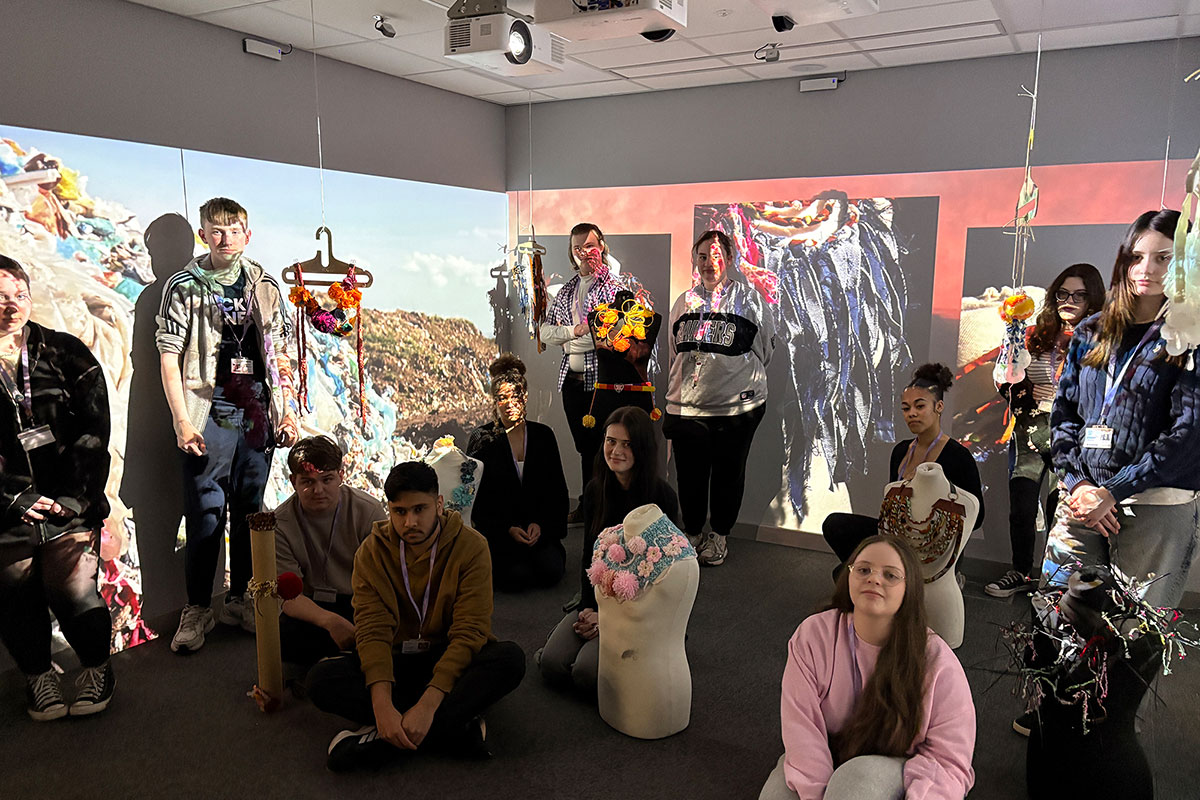
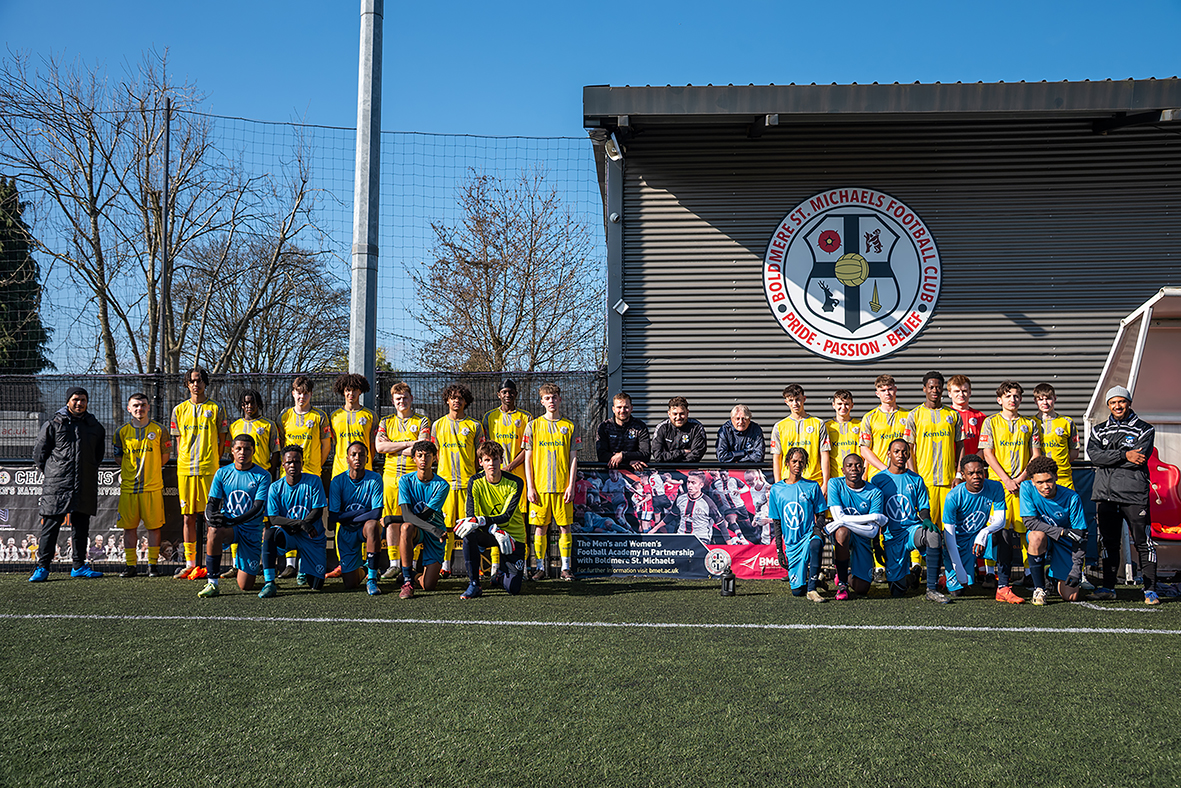



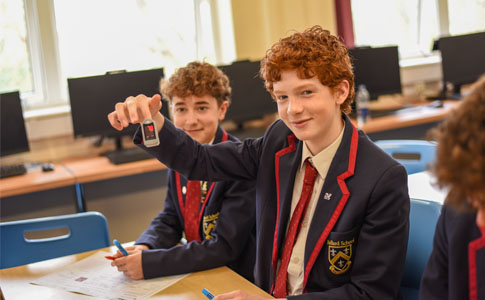
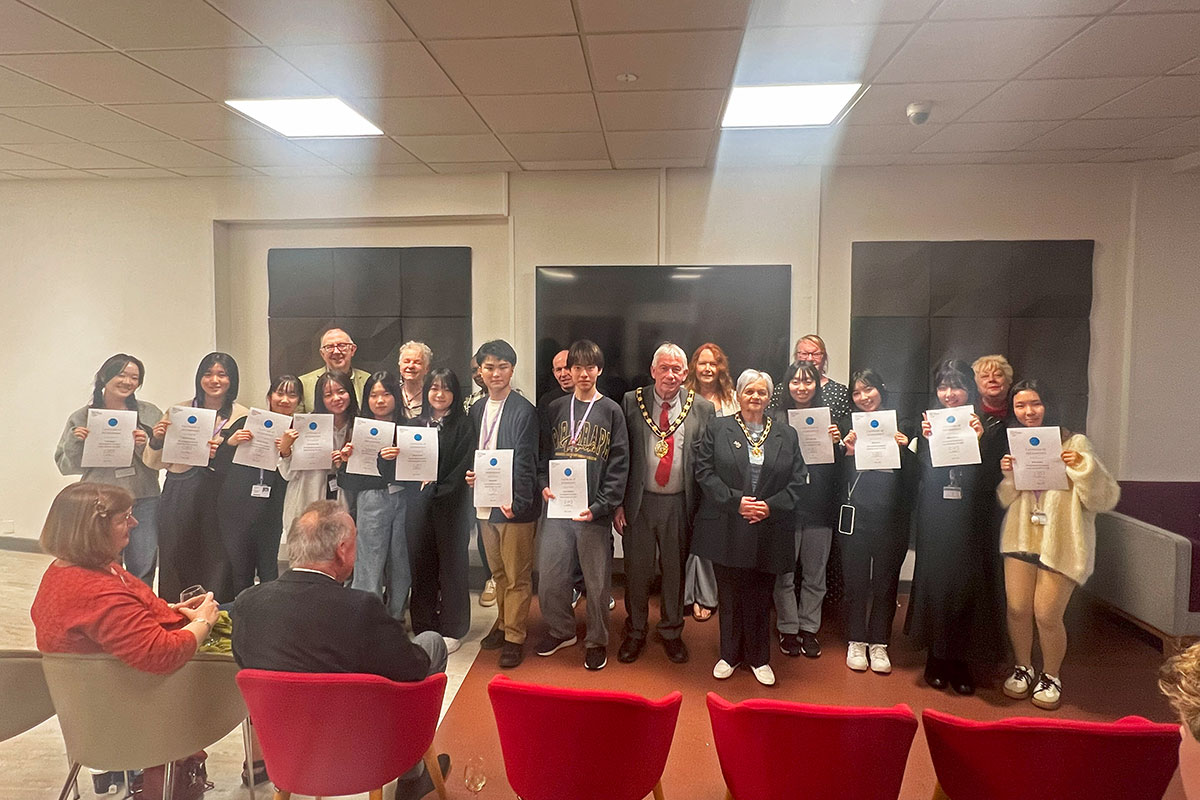
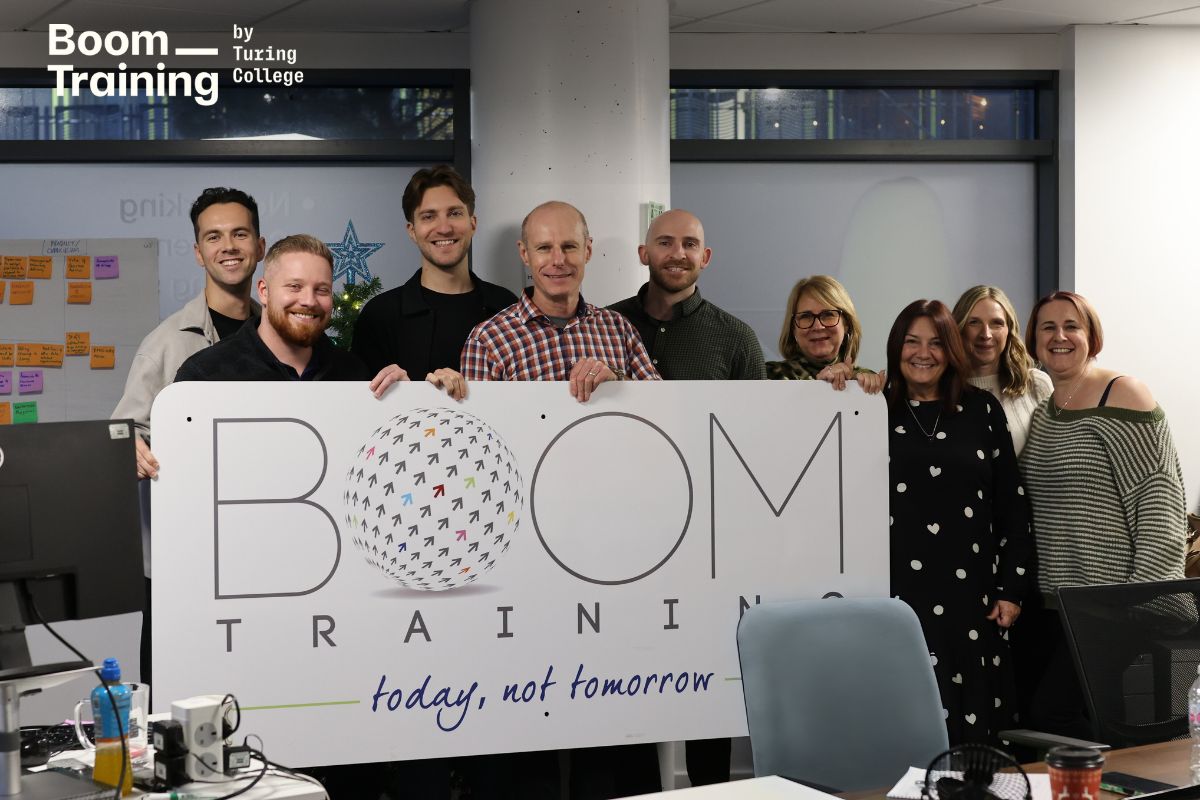
Responses